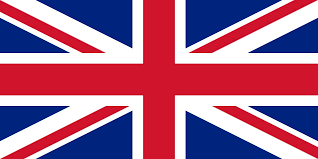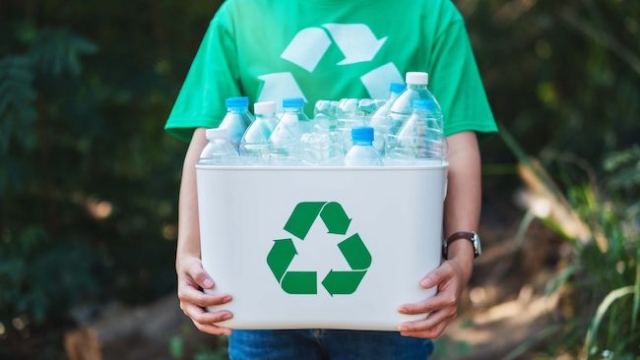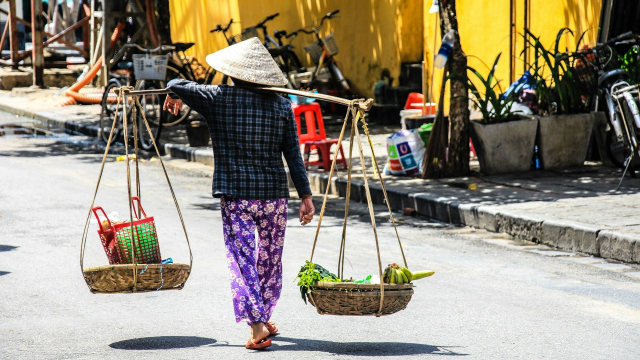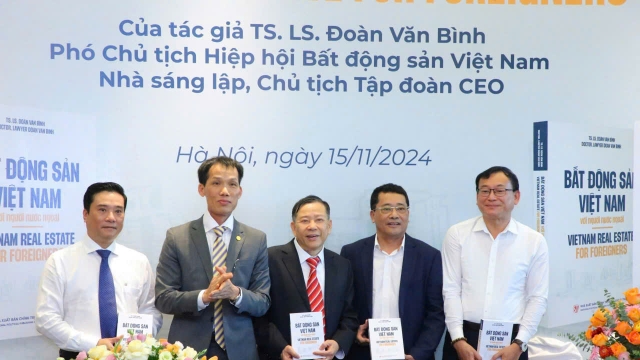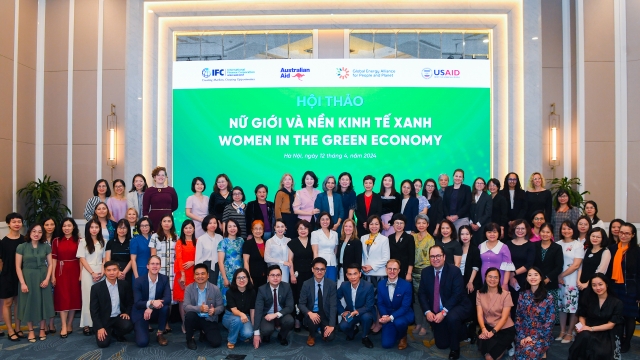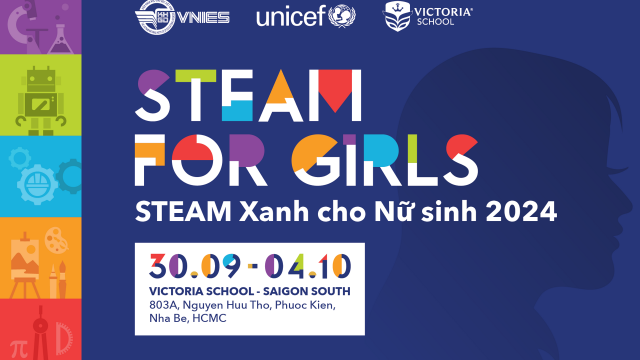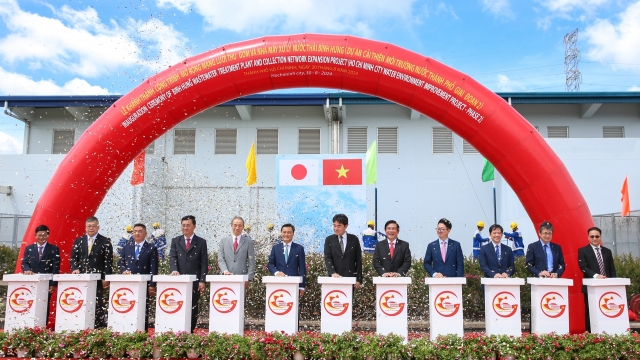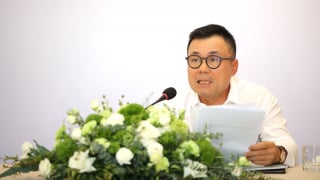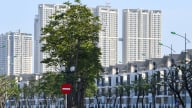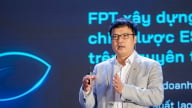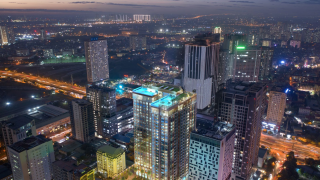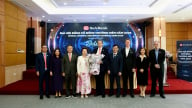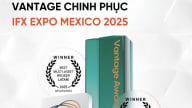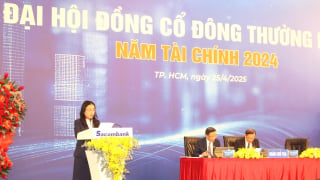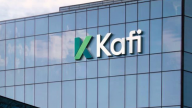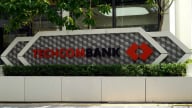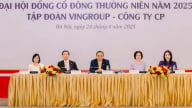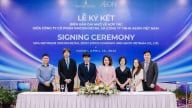National Focus
Urgent need to prepare for mandatory collection and recycling tools
PRO Vietnam's representative stated it is urgent to evaluating projects and other pilot models on waste collection and recycling from now to 2024 to choose the right one to be replicated, aiming at implementing the EPR policy tool.
The 2020 Environmental Protection Law, which came into effect on January 1, 2022, introduced the Extended Producer Responsibility (EPR) concept which specifies the responsibilities of producers and importers with regard to the recycling and treatment of discarded products and packages.
In Vietnam, EPR was initially touched upon in the Laws on Environmental Protection of 2005 and 2014. However, the following guiding documents only stopped at identifying the abandoned products and packages to be gathered, recycled and treated, as well as at establishing the producers’ liability to set up collection locations and the consumers’ responsibility.
They failed to provide mandatory collection rates for recycling and recycling specifications, and also failed to set a mechanism to operate the system efficiently and smoothly.
The above-mentioned loopholes have been redressed in 2020 Environmental Protection Law in Article 54 and 55.
In details, Article 54 states responsibility of producers and importers for recycling. Accordingly, producers and importers of recyclable products and packages must recycle them according to the mandatory recycling rate and specifications, except for products and packages exported/temporarily imported or produced/imported for research, learning or testing purposes.
Related to the financial contribution and use of financial assistance in recycling of products and packages, they are determined according to the quantity or unit of products/packages.
Article 55 provides the responsibility of producers and importers for waste collection and treatment. The producers and importers of products and packages which contain toxic substances, are difficult to recycle or cause a difficulty in collection and treatment must make a financial contribution to support the activities.
According to Ministry of Natural Resources and Environment (MONRE), the purpose of EPR tool is to encourage businesses to change product design and materials of packaging to make it convenient for collection and recycling, helping to reduce waste into the environment.
The regulations will be applicable from 2024 for the packaging industry, requiring members of Packaging Recycling Organization Vietnam (PRO Vietnam) and other packaging businesses to urgently complete the preparation steps to effectively implement the tool.
PRO Vietnam was established in 2019, by nine leading FDI and Vietnamese companies having high prestige from consumer goods, packaging, retail, and import industries. It is considered to be the primitive form of an industry-level EPR enforcement organization.
From now to 2024, it needs to improve organizational development, build working methods, move from the "startup" phase to the expansion phase. It also has to evaluate its projects and other pilot models on waste collection and recycling to choose the right one to be replicated, aiming at implementing the EPR policy tool.
PRO Vietnam’s members have achieved many positive results from their projects, namely the garbage sorting programme in Cu Lao Cham island, the “exchange garbage for gifts” programe, plastic waste management project in Can Gio…
Fausto Tazzi, General director of La Vie Company, Vice president of PRO Vietnam, said that there are several issues causing uncertainty in the business community, such as lack of list of subjects allowed to receive authorization from enterprises to carry out EPR.
There is unclear about the organization and role of the Environmental Protection Fund, or available technology to recycle low value plastic packaging.
Accordingly, the leaders of PRO Vietnam made some recommendations to well implement the EPR tool.
Firstly, there is urent to release the initial list of authorized entities to implement EPR so that businesses can contact.
Secondly, the policy-maker agencies need to provide guidance for PRO Vietnam to make a formal authorization request to becom a “third party” (a party authorized by a corporate group).
The third is to provide preliminary information on the recycling cost rate of the Environmental Protection Fund.
The next is to prioritize the role of the fund in supporting long-term investments to improve collection and recycling capacity. The short-term projects will be incharge of businesses and organizations through implementing EPR tool.
Finally, Vietnam authorities need to recognize the waste-to-energy solution as an option acceptable to the EPR scheme for at least 3 years, in order to recycle low-value plastics.
EPR and carbon credits giving financial momentum to environmental protection
Lives under the scorching sun: Outdoor workers racing against climate change
Under unforgiving conditions, the outdoor workers - the backbone of urban economies - endure the harshest impacts of climate change while remaining overlooked by social safety nets. Their resilience and struggles highlight the urgent need for better protection in the face of rising temperatures and precarious livelihoods.
CEO Group chairman unveils guide to Vietnam real estate for foreigners
Doan Van Binh, Chairman of CEO Group and Vice President of the Vietnam National Real Estate Association, introduced his latest book, “Vietnam Real Estate for Foreigners,” at a launch event in Hanoi on Friday.
Women leading the charge in Vietnam's green transition
Acting for increased women’s participation and leadership in climate action, Vietnam can accelerate a transition that is more inclusive, just, and impactful.
Steam for girls: A journey of passionate and creative girls
The "Steam for girls 2024" competition provides a creative platform for Steam and an opportunity for students to connect with peers from various regions within Vietnam and internationally.
Politburo backs North-South high-speed railway proposal
The Politburo on Wednesday supported a plan to invest in a high-speed railway along the country’s North-South axis, marking a crucial step for the multi-billion-dollar project aimed at boosting economic growth and infrastructure development.
Ho Chi Minh City inaugurates Japan-funded wastewater treatment plant
Ho Chi Minh City has inaugurated the expanded Binh Hung wastewater treatment plant, now the largest facility of its kind in Vietnam.






